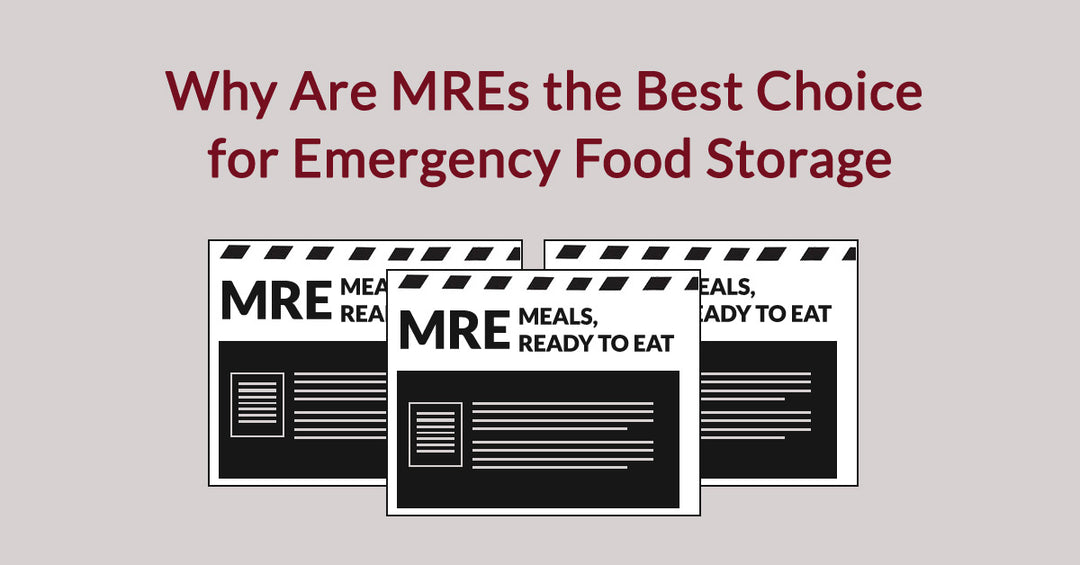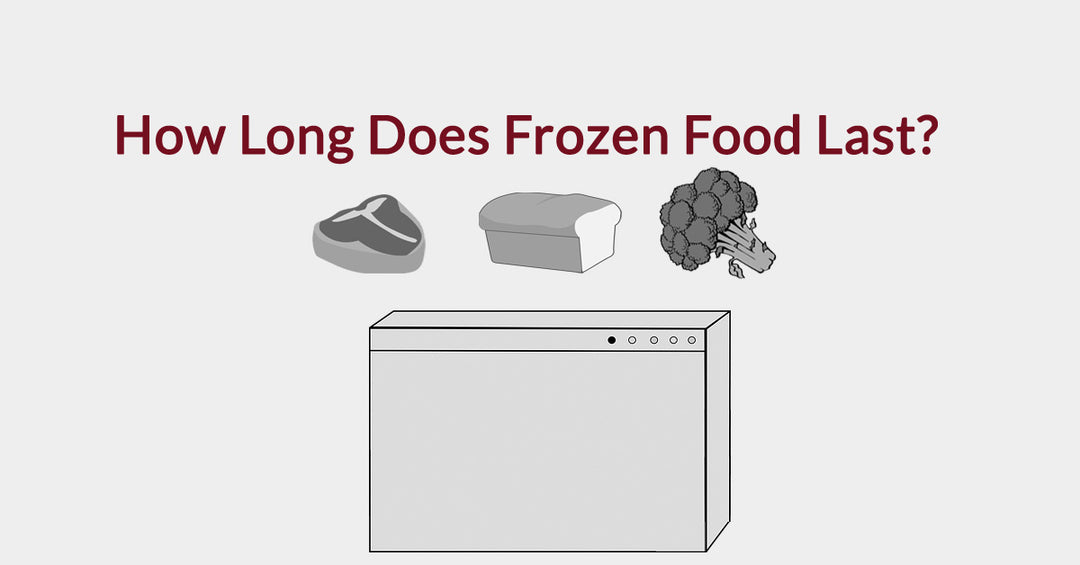How To Be Prepared For An Earthquake

Natural disasters cause billions, if not trillions of dollars in damages every year. Most natural catastrophes will give you some type of warning before they strike. Unfortunately, earthquakes don't fall into that category. They can happen anywhere at anytime, and often leave a path of destruction in their wake.
It's always a good idea to prepare for any natural disasters that are the most common wherever you live. While earthquakes are more prevalent in some areas than others, they've been known to occur almost anywhere. If you are in the process of putting together a plan for earthquake preparation, here are some things to think about.
Earthquake-Proof Your Home
Some earthquakes will only rattle you around a bit. But, your goal should be to prepare for the ones that shake a little harder, challenging the structural integrity of your home. There are a few different things that you can do to your home to prepare for earthquake (earthquake) damage, and minimize the potentially dangerous aftermath.
- Basic home maintenance is essential to minimize damage that can be caused by earthquakes. Things like compromised wiring, old gas connections, and cracks in the foundation or the structure itself can lead to disastrous consequences in the event of an earthquake.
- Avoid hanging heavy wall decorations or televisions where they could potentially fall and hurt someone.
- Make sure that any tall furniture or shelving is securely attached to the wall. It's also a good idea to keep heavier items on lower shelves and in bottom drawers to both add support and prevent them from crashing down.
- Any cabinets or closets containing breakable items should be secured with latches to keep them from falling out during an earthquake.
- Make sure any ceiling light fixtures are firmly attached and that there aren't any bare overhead light bulbs that could break and injure someone.
- Water heaters and furnaces need to be mounted with reinforcements to either the wall or the floor to prevent possible gas leaks.
- You should also be especially careful about where flammable items and poisons are stored. They need to be close to the floor and securely contained.
Have a Plan
You should prepare for earthquakes, just like you would for fire safety or any other emergency plan that your family has in place. Have a solid plan ready, and make sure that your entire family is well versed on what to do in the event of an earthquake. And, practice and talk about your preparedness plan on a regular basis like you would any other emergency plan. Here are a few things that every member of your household should know.
Assess The Situation
The first thing that you'll want to do after an earthquake is to make sure that your loved ones are safe. Depending on how severe of an earthquake it is, your local utility and phone services might not be available immediately. It's always a good idea to designate a far-away, close friend or relative as your family's emergency contact. Everyone should know who they will be calling after an earthquake to let them know that they are safe.
It's very possible that you and your family won't be together when an earthquake strikes. Designating a meeting place after an earthquake is always a good idea.
Make sure that everyone knows what to do while the earthquake is happening to protect themselves from danger. This would include getting under heavy furniture, staying out our doorways, avoiding areas where there is glass that could break, getting near the stronger interior walls, and avoiding buildings and power lines if they're outside.
Have a Disaster Kit
A big part of preparing yourself for an earthquake is having a disaster kit ready to take care of you and your family. A strong earthquake can easily make your everyday life somewhat of a struggle. Here are some things that you'd want to have in a safe place for if and when the unthinkable should happen.
- A fully stocked first aid kit is vital for any emergency preparedness kit.
- Any essential medications should also be included in the kit.
- You'll want enough water to last your family for at least a few days, just in case. Plan on about a gallon of water per person each day for drinking. You'll also need water for personal hygiene.
- You'll also need a sufficient supply of food to last your family for a few days. You'll want to choose foods to stock for earthquake preparedness that have a long shelf life, are easily stored, can be prepared without a heat source, and are nutritious for your family. MREs are a great option for this and we will talk about them later on.
- Your local utilities might not be available after an earthquake, sometimes for a substantial amount of time. You'll need flashlights, a battery operated radio, and plenty of batteries. If you're fortunate enough to have a generator, plan on five to ten gallons of gas per day, and make sure the gas is safely stored.
- You should have a couple of fire extinguishers included in your safety kit.
- Having cell phone chargers in your disaster kit will be especially helpful if there is power to use them.
- A whistle will help rescuers locate you if you are trapped in your home.
- Cash, credit cards, or even checks would be good to include in your disaster kit.
- You should also think about clothing, shoes, and toiletries to keep your family comfortable for a few days if needed.
Earthquake Insurance
Don't assume that your homeowner's insurance policy will cover you in the event of an earthquake. Earthquake insurance isn't a part of most regular policies. The minimal cost of adding this protection to your insurance policy will give some peace of mind in knowing that your possessions are protected if they are destroyed by an earthquake.
MREs
One part of your preparedness plan that you can easily take care of ahead of time is securing safe, readily available foods to stock for earthquake preparedness. Back in the days of early bomb shelters, emergency supplies often consisted of bland canned goods requiring can openers. And, there were rarely reliable reheating sources for emergency food supplies.
At Meal Kit Supply, we've utilized the latest technology to produce high quality packaged meals that are ideal for your earthquake preparation plan. Initially created to sustain our troops when they were deployed for long periods of time, our MREs (Meals Ready to Eat) are now widely used by survivalists, campers, and emergency teams, providing a convenient, nutritious, and flavorful food supply.
MREs have the nutritional value that your family needs, they taste great, are easily stored, and can last up to five years. Each 1,200 calorie meal kit consists of an entree, a side dish, dessert, and a variety of beverage mixes. We even offer electrolyte drinks. The MRE kits also include condiments, a spoon and a napkin, and a flameless ration heater.
Including MRE's in your earthquake preparation plan is the perfect way to make sure that your family has a safe, nutritious food supply until daily life returns to normal. Contact us today and we'll be glad to go over the various options that you have for foods to stock for earthquake survival.
Be Prepared
Earthquakes are one of the most sudden and erratic disasters known to humankind. Being prepared for the worst can give you that peace of mind that even in dire situations, you can bring some sort of order and calmness to your loved ones. Remember to remain calm, assess the situation, and utilize the items wisely in your disaster kit.




